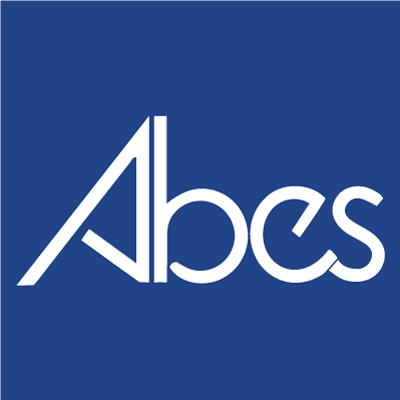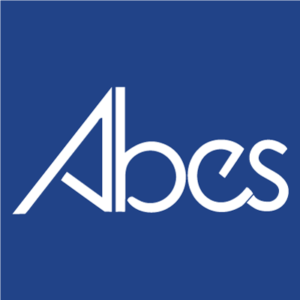Medical Laboratory Assistants (MLAs) are central to Alberta’s healthcare system, and if you’re considering this career path, you must understand the education and certification requirements. This guide will help you navigate the process of becoming an MLA in Alberta, focusing on the necessary qualifications, program options, and certification through the Canadian Society for Medical Laboratory Science (CSMLS).
Education Requirements for MLAs in Alberta
To become an MLA in Alberta, you must complete a recognized training program that combines theoretical knowledge with practical skills. Most programs in the province have the following prerequisites:
- High school diploma or equivalent
- Strong background in science courses, particularly biology and chemistry
- English language proficiency
Duration of Study & Course Content
MLA programs in Alberta typically last between 6 to 12 months, depending on the institution and whether you choose full-time or part-time studies.
These programs cover essential topics such as:
- Phlebotomy techniques
- Specimen collection and handling
- Laboratory safety protocols
- Medical terminology
- Basic diagnostic procedures
- Quality control measures
- Infection control practices
Choosing an MLA Program in Alberta
When selecting an MLA program, consider the following factors:
- Accreditation status
- Curriculum comprehensiveness
- Clinical practicum opportunities
- Graduate employment rates
- Alignment with CSMLS certification requirements
Some reputable institutions offering MLA programs in Alberta include:
CSMLS Certification for Medical Laboratory Assistants
While certification is not mandatory for MLAs in Alberta, it is highly recommended and often preferred by employers. The Canadian Society for Medical Laboratory Science (CSMLS) offers a nationally recognized certification for MLA.
To be eligible for CSMLS certification, candidates must:
- Graduate from a CSMLS-approved MLA program
- Complete a minimum of 480 hours of clinical training
- Pass the CSMLS MLA certification exam
The CSMLS MLA certification exam tests candidates on various competencies, including:
- Safe work practices
- Data collection and specimen procurement
- Pre-analytical specimen preparation
- Information management
- Professional practice
Alberta Health Services (AHS) Requirements for MLAs
Alberta Health Services, the province’s largest healthcare employer, typically requires MLAs to have:
- Completion of an accredited MLA program
- CSMLS certification (preferred)
- Current CPR certification
- Up-to-date immunizations
- Clear criminal record check
Vetting MLA Training Programs
Once you’ve narrowed down your MLA programs to a few choices in Alberta, consider checking these factors:
- Accreditation: Verify the program is recognized by the CSMLS and meets industry standards.
- Curriculum: Look for a comprehensive curriculum that covers all aspects of MLA work, including both theoretical and practical components.
- Clinical Practicum: Check if the program offers hands-on experience in real healthcare settings.
- Faculty Expertise: Research the qualifications and experience of the instructors.
- Graduate Outcomes: Inquire about job placement rates and graduate success stories.
- Industry Partnerships: Programs with strong connections to healthcare facilities may offer better networking and employment opportunities.
Don’t just dream about a fulfilling career – make it happen with ABES!
Take the first step towards your future as a Medical Laboratory Assistant and become a vital part of Alberta’s healthcare system. Our admissions team is ready to guide you through the enrollment process and answer any questions you may have. Contact ABES College today and discover how we can help you achieve your career goals in as little as 6 months.


